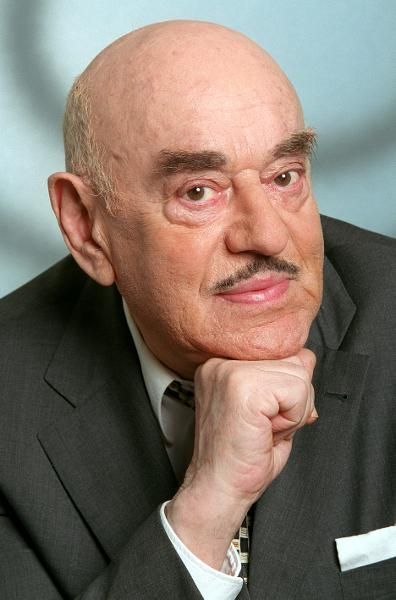Jakob Hirschkorn and Halina Zylberberg: The fortunes of a Jewish family from Łódź

Marriage in the Ghetto
On 13 June 1943 in the Litzmannstadt Ghetto, Jakob Hirschkorn married Halina (Chaja) Zylberberg, born on 30 October 1925 in Łódź. Halina was initially sent to work in the fields and had to then work in a factory which made and repaired shoes and boots for the armed forces. She was later deployed loading and unloading cargo in Radegast, the train station in Łódź. At the station she met Jakob Hirschkorn who had been working there since the end of 1941. At the end of August 1944, after the Germans had deported around a further 75,000 people to the Auschwitz-Birkenau and Chełmno extermination camps, Jakob and Halina were sent to the so-called “clearance commando” that was supposed to remove all traces of the Nazis in the ghetto. In mid-January 1945, Halina and Jakob were considering whether they should hide in the freezing cold in the almost empty ghetto, or whether to flee. Before they could decide, an SS squad appeared and took both of them and others to the Gestapo prison. Soviet soldiers freed the couple a few days later on 19 January.
In a moving interview, Halina later also reported that her family were driven out of their grocery store by the invasion of the German armed forces in Poland and taken to the ghetto. Her father died there of malnutrition in 1940. The Nazis deported her brother to Auschwitz in 1941, her mother and one of her sisters in 1944, and murdered them there. Her younger sister was shot when she tried to help a fellow prisoner who was abusing a German soldier. Only her older sister survived the Bergen-Belsen concentration camp and went to Buenos Aires.
Back in the Trier region
On 11 June 1945, Jakob and Halina Hirschkorn-Zylberberg arrived in Wawern via Berlin, Leipzig, Halle and Trier. They did not receive their meagre financial support and ration cards until November. Because Jacob’s parent’s house was uninhabitable, they crudely renovated it, living with family friends whilst they did so. In the reparation proceedings, Jakob later explained that “all the furniture and objects [had been] pilfered” from his parent’s house. A former policeman was ordered by the French military government to hand over furniture and furnishings to the Hirschkorns. In 1946, their daughter Ruth was born in Trier, three years later their son Remon was born. Life in the first years after the war “was fairly wretched”, said Jakob Hirschkorn later. Halina worked as a harvester. The situation improved somewhat when he got a commercial licence to trade in shoes and livestock.
Reparation
In 1951, Jakob Hirschkorn received reparation from the Federal Republic of Germany for 39 months’ “deprivation of liberty”. However, the authority offset any previous subsistence payments. The Commission recognised a 30% reduction in earning capacity for the severe abuse suffered in the ghetto in 1943 at the hands of the SS resulting in massive head and facial injuries, Jakob Hirschkorn did not receive any reparation for the forced labour on the Reichsautobahn because he was not able to provide any written proof. He did, however, receive a settlement for the “damage to his professional advancement” that he suffered. Halina received an orphan’s pension and a pension due to reduced earning capacity as well as reparation for wrongful imprisonment for 62 months in the ghetto.









